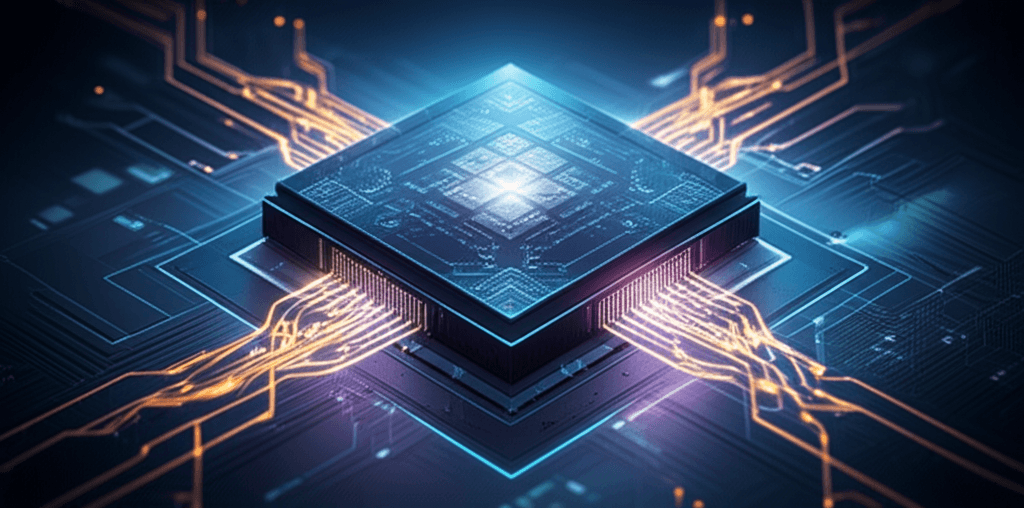OpenAI Escalates Talent War, Poaches Key Engineers from Tesla, xAI, Meta
OpenAI escalates the AI talent war, recruiting top engineers to fortify its AGI and supercomputing foundations.
July 9, 2025

In a strategic escalation of the artificial intelligence talent wars, OpenAI has successfully recruited a team of high-profile engineers from key competitors, including Tesla, Elon Musk's xAI, and Meta. This move signals a significant reinforcement of OpenAI's technical infrastructure at a time of intense competition for the brightest minds in the field. The new hires are set to join OpenAI's scaling team, a critical unit responsible for the backend hardware and software systems that power the company's ambitious artificial general intelligence (AGI) research and products like ChatGPT.
The most prominent of the new recruits is David Lau, who served as the vice president of software engineering at Tesla.[1][2][3][4] He is joined by two key figures from xAI, Uday Ruddarraju, the former head of infrastructure engineering, and Mike Dalton, another infrastructure engineer.[1][2][3][4] Both Ruddarraju and Dalton were instrumental in building xAI's "Colossus" supercomputer, a massive system reportedly comprised of over 200,000 GPUs.[4][5] Rounding out the group is Angela Fan, an AI researcher from Meta.[1][2][3][4] The collective expertise of these individuals, particularly in large-scale computing and AI infrastructure, represents a substantial asset for OpenAI as it continues to expand its computational capabilities. OpenAI co-founder Greg Brockman publicly welcomed the new hires, underscoring the significance of their arrival.[4][6]
This aggressive hiring by OpenAI is not occurring in a vacuum. It is a direct response and counter-move in an increasingly frenetic battle for talent among the major AI players. For weeks, Meta has been on a widely publicized hiring spree, successfully luring several researchers from OpenAI's ranks.[3][4] Meta's CEO, Mark Zuckerberg, has been personally involved in the recruitment efforts, reportedly offering lucrative compensation packages to attract top-tier talent.[3] This "brain drain" has caused concern within OpenAI, with Chief Research Officer Mark Chen reportedly telling employees he felt like "someone has broken into our home and stolen something."[4][7] In response, OpenAI's leadership has signaled that it is reassessing its compensation structures to remain competitive and retain its key personnel.[3][7] The poaching of engineers from xAI also adds another layer of complexity to the already fraught relationship between OpenAI and its co-founder Elon Musk, who is currently engaged in a lawsuit with the company over its strategic direction.[3][8]
The focus of these new hires on OpenAI's scaling team highlights a crucial, if less glamorous, aspect of the race to AGI: the immense infrastructural challenge. The development of more powerful and sophisticated AI models requires a corresponding increase in computational power and the intricate systems to manage it. The new recruits will be integral to projects like "Stargate," an ambitious joint venture aimed at building next-generation AI supercomputing infrastructure.[1][3][4][8] Uday Ruddarraju described Stargate as an "infrastructure moonshot" that aligns with his passion for tackling large-scale technical challenges, indicating the level of ambition at play.[1][3][8] Similarly, David Lau stated that contributing to the development of safe and well-aligned AGI is the "most rewarding mission" for his career.[9] This underscores that beyond compensation, the allure of working on cutting-edge and mission-driven projects remains a powerful recruitment tool.
Ultimately, this series of high-stakes talent acquisitions and counter-moves among OpenAI, Meta, and xAI illuminates the fierce competition that defines the current AI landscape. The ability to attract and retain elite engineers and researchers is seen as a critical determinant of success in the quest to build transformative AI technologies. As companies invest billions in both research and the underlying infrastructure, the human capital required to execute these visions has become the most valuable commodity. The recent hires by OpenAI are a clear statement of its intent to not only defend its position but to aggressively fortify its foundations for the next stage of AI development, ensuring it has the technical prowess to match its ambitious goals. This talent war is far from over and will likely continue to reshape the contours of the industry as the stakes for achieving AGI grow ever higher.